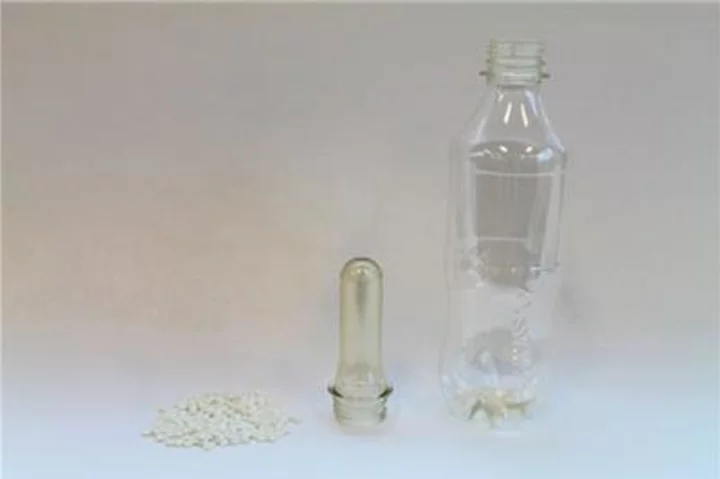Greenwashing is a way for companies to piggyback on everyone's concerns about climate change — and it's everywhere. Here's your guide to spotting it.
What is greenwashing?
Broadly speaking, it’s when companies questionably claim environmental bona fides to attract more business or draw less scrutiny.
Practically speaking, greenwashing can be nebulous. When British Petroleum rebranded as BP (“Beyond Petroleum”) in 2001, many called that greenwashing (BP disagreed). When Unilever Plc claimed its Persil laundry detergent was “kinder to our planet” without explaining how, an advertising regulator nixed the commercial for greenwashing (the company said it was “disappointed” with the decision).
Other examples, such as an HSBC Holdings Plc ad banned in the UK for touting the bank’s green financing without mentioning its funding of fossil fuels, are even less overt. (HSBC countered that its net-zero plan aligns with United Nations guidelines.) Regulatory resistance to this kind of “misleading by omission” is expected to gain traction in coming years.
Read More: Regulators Are Cracking Down on Greenwashing
So far, greenwashing regulation has taken a narrow approach, but more proactive tactics are coming: The European Commission has proposed legislation that would prohibit specific terms when they’re not backed up by evidence.
Scrutiny of greenwashing matters
In a recent US survey, 68% of people said they would pay more for sustainable products. That means more incentive for companies to focus on their environmental credentials — real or exaggerated — in marketing campaigns. If dubious claims proliferate, consumers may conclude that sustainability isn’t worth the effort or expense.
“They are willing to pay higher prices because of the protection of the environment,” says Gilly Wong, chief executive of the Consumer Council, a watchdog group. “But if the effort and money they invest in that doesn’t pay off, you are demoralizing them. You are discouraging them.”
Plus: If companies are free to make misleading claims, it becomes even more difficult to track progress against climate goals.
Beware climate jargon
Earlier this year, the European Commission released a list of buzzwords to help identify greenwashing. It includes “climate neutral,” “carbon neutral” and “CO2 compensated,” which are often indicators that a company is relying on dubious carbon offsets to sound better.
In the US, the Federal Trade Commission’s Green Guides (written for companies and marketers) also identify the word “eco-friendly” as likely to be misleading unless it’s paired with specifics.
Interrogate comparative claims
Comparative and superlative claims — “50% less plastic!” “the greenest option!” — always merit follow-up questions. Fifty percent less of what or since when? “Greenest” as defined by whom and how? How well-audited are these claims? And are they comparing a modern product to a highly polluting predecessor that existed before today’s environmental regulations?
Question magic materials
A growing number of products and packaging materials are described as “recyclable” or “compostable,” but there’s nuance behind those words. Different recycling rules exist for different materials.
The same goes for composting: Some products can be composted at home, some can be picked up for a municipal program, and some need to go to special facilities. Check labeling carefully.
Watch out for vague terms
Nonspecific phrases such as “make a change” or “make a greener choice” are largely meaningless. So are logos and certifications awarded by a company to itself or by industry groups to members of that industry with no outside audit or public methodology. Even the color of a product can be misleading: Peppering ads or packaging with images of green plants can give the false impression that something is a nature-friendly choice.
Read Next: The Ultimate Recycling Cheat Sheet









